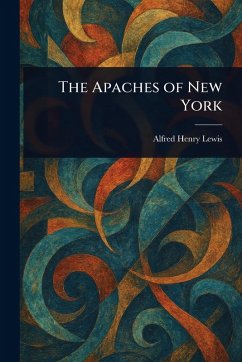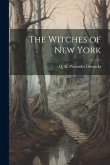Step back in time to the gritty streets of early 20th century New York City with Alfred Henry Lewis's "The Apaches of New York." This gripping work of historical fiction plunges into the heart of urban life, exploring the social customs and hidden worlds of the era. Dive into a meticulously recreated vision of New York, where gangs ruled the streets and survival was a daily battle. Lewis paints a vivid picture of a bygone era, offering a fascinating glimpse into the lives of those who navigated the city's underbelly. "The Apaches of New York" is a compelling study of urban sociology, capturing the raw energy and complex dynamics of a city on the rise. Experience the timeless themes of struggle, ambition, and the enduring spirit of humanity in this captivating historical novel. A true classic, ready for rediscovery. This work has been selected by scholars as being culturally important, and is part of the knowledge base of civilization as we know it. This work is in the public domain in the United States of America, and possibly other nations. Within the United States, you may freely copy and distribute this work, as no entity (individual or corporate) has a copyright on the body of the work. Scholars believe, and we concur, that this work is important enough to be preserved, reproduced, and made generally available to the public. We appreciate your support of the preservation process, and thank you for being an important part of keeping this knowledge alive and relevant.
Bitte wählen Sie Ihr Anliegen aus.
Rechnungen
Retourenschein anfordern
Bestellstatus
Storno









